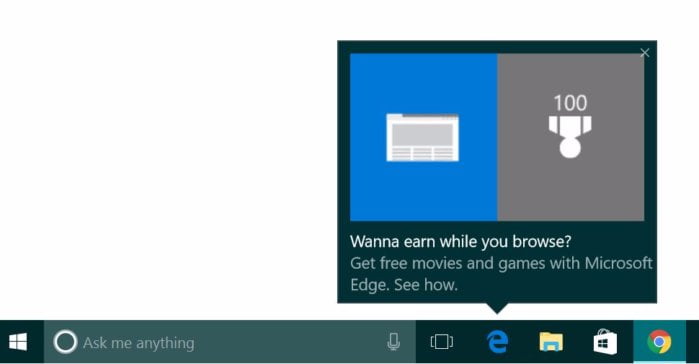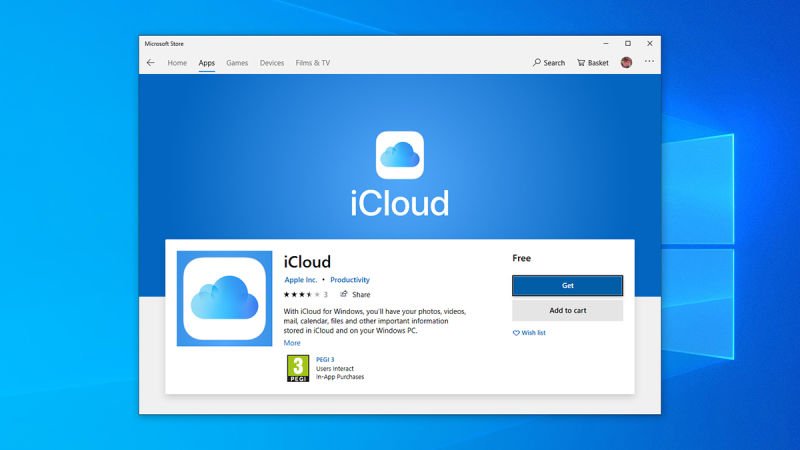
 This means that these brands will not be able to sell a computer that runs on Windows 7 and Windows 8.1 anymore. Microsoft will only be selling Windows 10 licenses to them for their PCs. The Redmond giant initially stopped selling Windows 7 Home Basic, Home Premium, and Ultimate in 2014, and it is now stopping sales of Windows 7 Pro and Windows 8.1 to all OEMs. Apart from that, extended support for Windows 7 is expected to end by 2020 as well.
This means that these brands will not be able to sell a computer that runs on Windows 7 and Windows 8.1 anymore. Microsoft will only be selling Windows 10 licenses to them for their PCs. The Redmond giant initially stopped selling Windows 7 Home Basic, Home Premium, and Ultimate in 2014, and it is now stopping sales of Windows 7 Pro and Windows 8.1 to all OEMs. Apart from that, extended support for Windows 7 is expected to end by 2020 as well.
If you are using a PC with for Windows 7 and 8.1, it can still be installed and run, but you just can’t buy a PC with either installed.
As for Windows 8 and 8.1, Microsoft will cease normal support in 2017 and extended support in 2023. All the information is mentioned in the above chart, sourced from Windows lifecycle fact sheet.
Oddly, this chart mentions the support end year for Windows 10 as 2025, which is most likely to get extended as Microsoft claims it is their last operating system with continuous updates in the future.
The latest in that cycle is the Anniversary Update, which was just launched with exciting new features including new interfaces and a lot of security improvements.
The phasing out of the Windows 7 and Windows 8.1 licenses means that a lot of the OEMs might have stock with these operating systems. You can thus expect some of the OEMs to give out these machines with discounts or special offers, most probably this Black Friday. This change also means that the only desktop version of Windows that is available for purchase by consumers/enterprise customers is Windows 10, putting it in line with the company’s policy of a universal OS.
[Source:-TWCN tech news]




